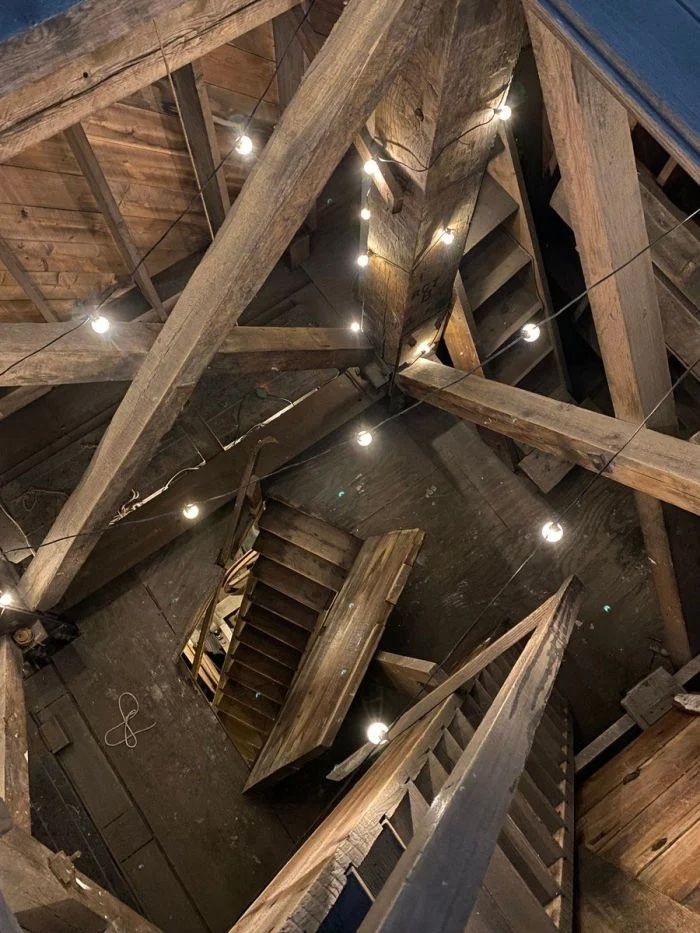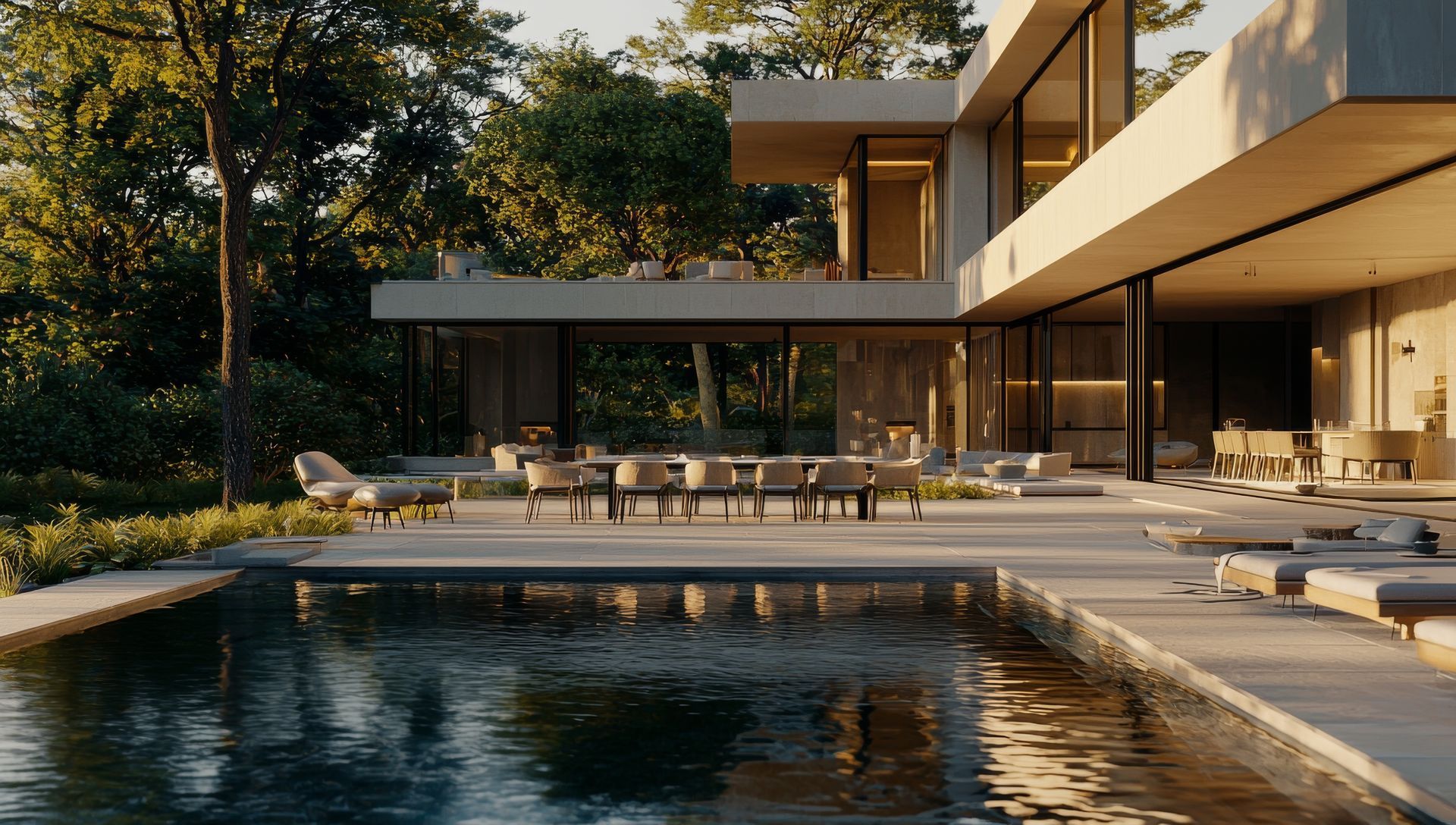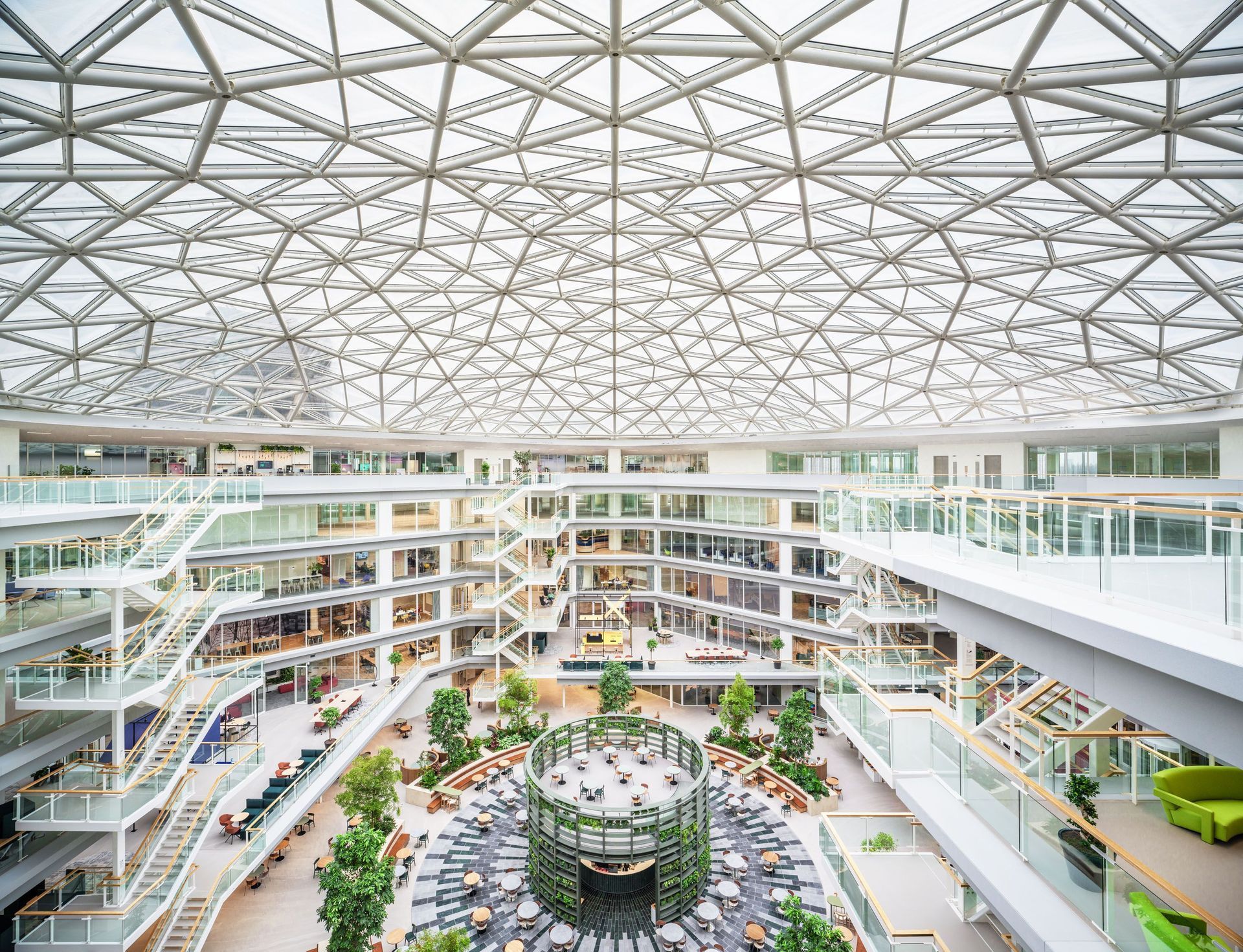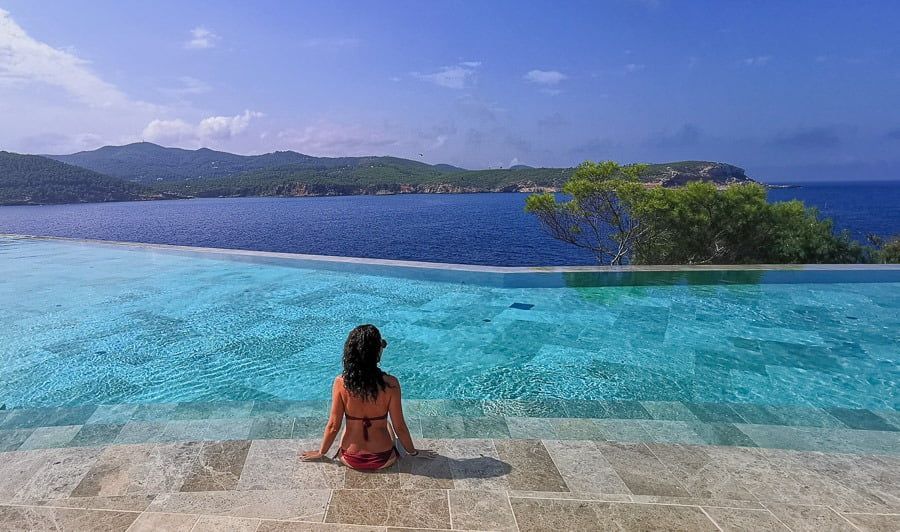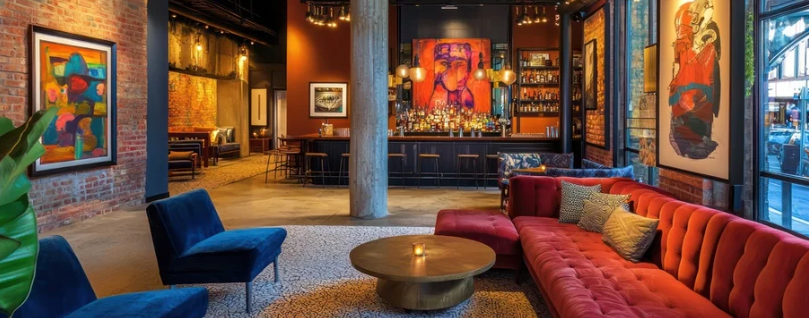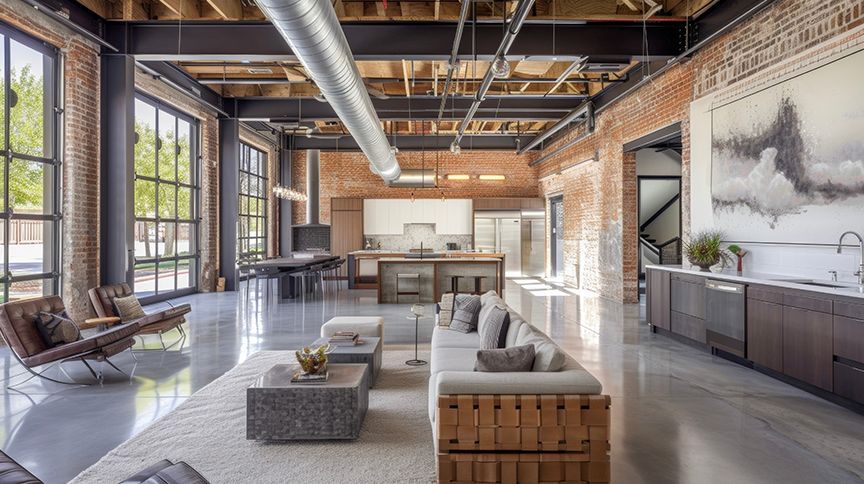What's Hot in Hotels No. 4: Integration of Local Culture
As travel becomes more experience-driven, hotels are evolving beyond mere accommodations.....
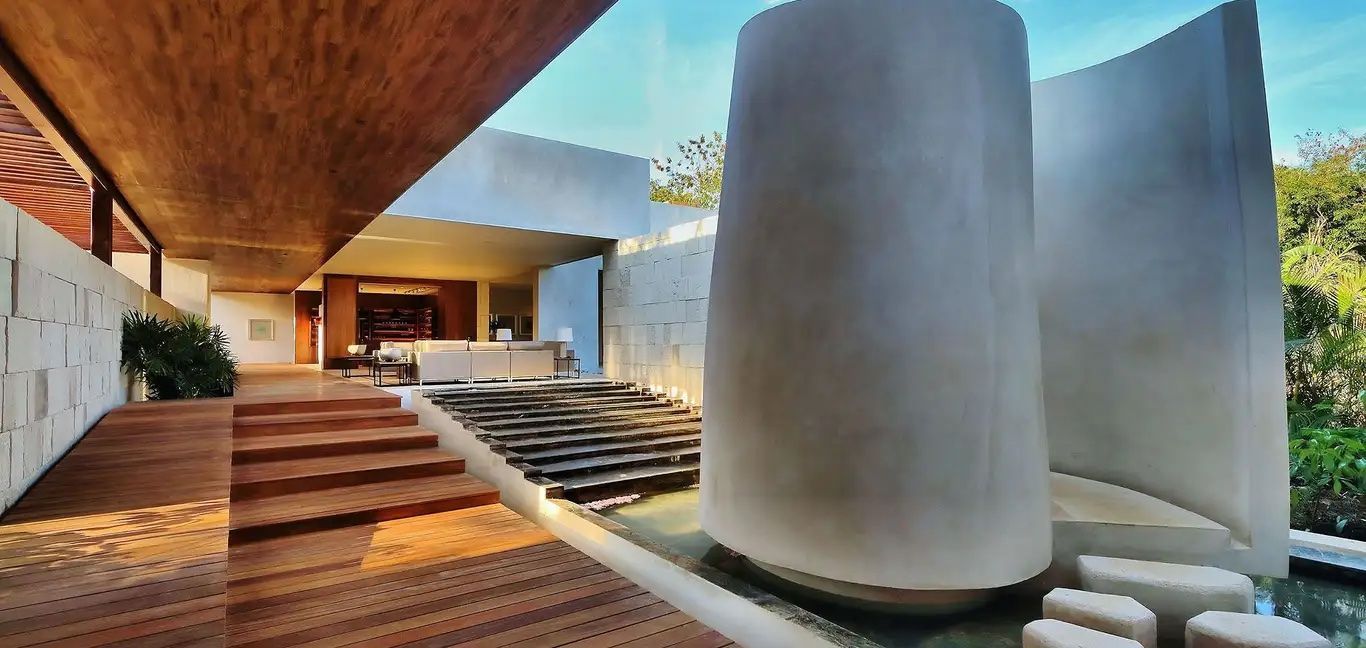
to become cultural destinations.
A key trend shaping the hospitality industry is the integration of local culture, where hotels reflect the heritage, traditions, and unique character of their surroundings. This approach enhances the guest experience by providing authenticity and a deeper connection to the destination.
Authentic Design & Architecture: Hotels are increasingly incorporating local architectural styles, indigenous materials, and historical influences into their designs. Rather than relying on a one-size-fits-all aesthetic, properties now emphasise regional identity. For instance, Amanyangyun in China restores ancient camphor trees and historic villas, preserving cultural heritage while offering guests a serene, immersive environment. Similarly, lodges in Africa are designed using traditional thatched roofs and locally sourced wood, blending seamlessly into their landscapes.
Local Art & Craftsmanship: Supporting local artists and craftspeople has become a defining feature of culturally integrated hotels. By showcasing handwoven textiles, regional pottery, and indigenous artwork, these hotels create a sense of place while fostering cultural appreciation. Properties like Chablé Yucatán (pictured above) in Mexico incorporate Mayan craftsmanship into everything from décor to guest experiences, celebrating the region’s artistic traditions.
Culinary Experiences: A hotel’s culinary offerings play a crucial role in cultural immersion. Many hotels are focusing on authentic regional cuisine, using locally sourced ingredients and traditional cooking methods. Guests can participate in activities such as farm-to-table dining, market tours, and indigenous cooking workshops, enhancing their understanding of local gastronomy. Michelin-starred hotel restaurants are also infusing modern techniques with traditional flavors, elevating the dining experience.
Community Engagement & Cultural Programming Hotels are actively engaging with local communities to provide authentic cultural experiences. From live performances featuring traditional music and dance to collaborations with local tour guides and historians, these initiatives offer guests deeper insights into the region’s heritage. Additionally, partnerships with local businesses ensure that tourism benefits the broader community, fostering sustainable travel practices.
By integrating local culture into every aspect of their design and operations, hotels are transforming the way travelers experience new destinations. These cultural connections not only make stays more enriching but also preserve and promote regional heritage for future generations.
Want to know more? Then start turning th pages today and begin your journey towards a thriving hotel that guest cant wait to book…..link here https://www.amazon.co.uk/dp/B0D9MLQKM2


